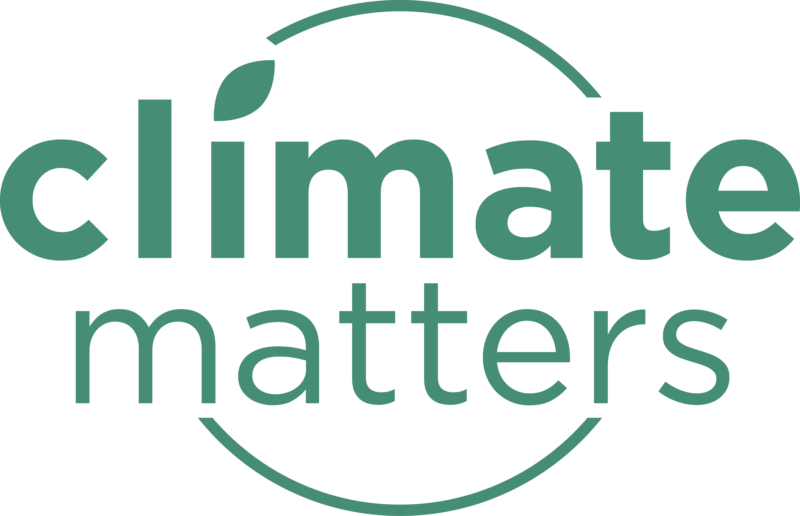Experts and Pundits During Crisis on (TV) News
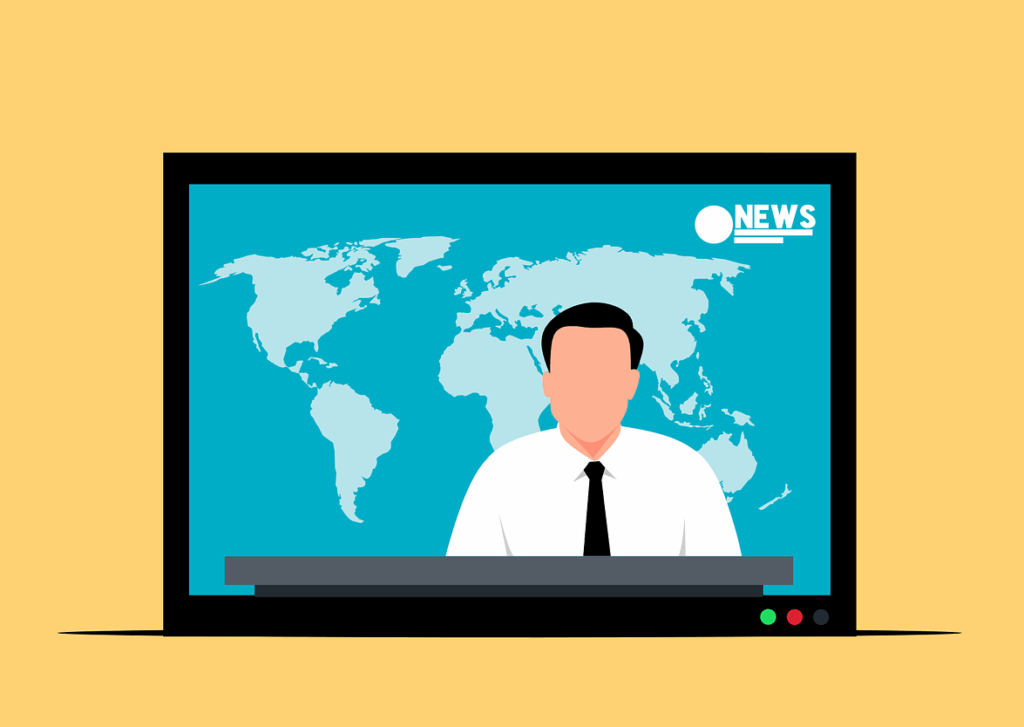
During crises, the role of news media is crucial. They are expected to deliver coherent, science-based information, promote transparency, and act as responsible intermediaries between governmental authorities and the public. When it comes to climate issues, media face additional challenges due to the complexity and scale of related events.
Klimawandel in den Medien

In ihrem Artikel “Klimawandel in den Medien” geben Michael Brüggemann und Louisa Pröschel einen Überblick über das Forschungsfeld der Klimakommunikation und beschreiben, wieso der Klimawandel eine besondere Herausforderung für den Journalismus ist, welche Hindernisse es in der Klimakommunikation in Deutschland gibt und, wie diese überwunden werden können.
… und nun zum Klima? Aktuelle Zahlen zur Klimaberichterstattung im deutschen Fernsehen
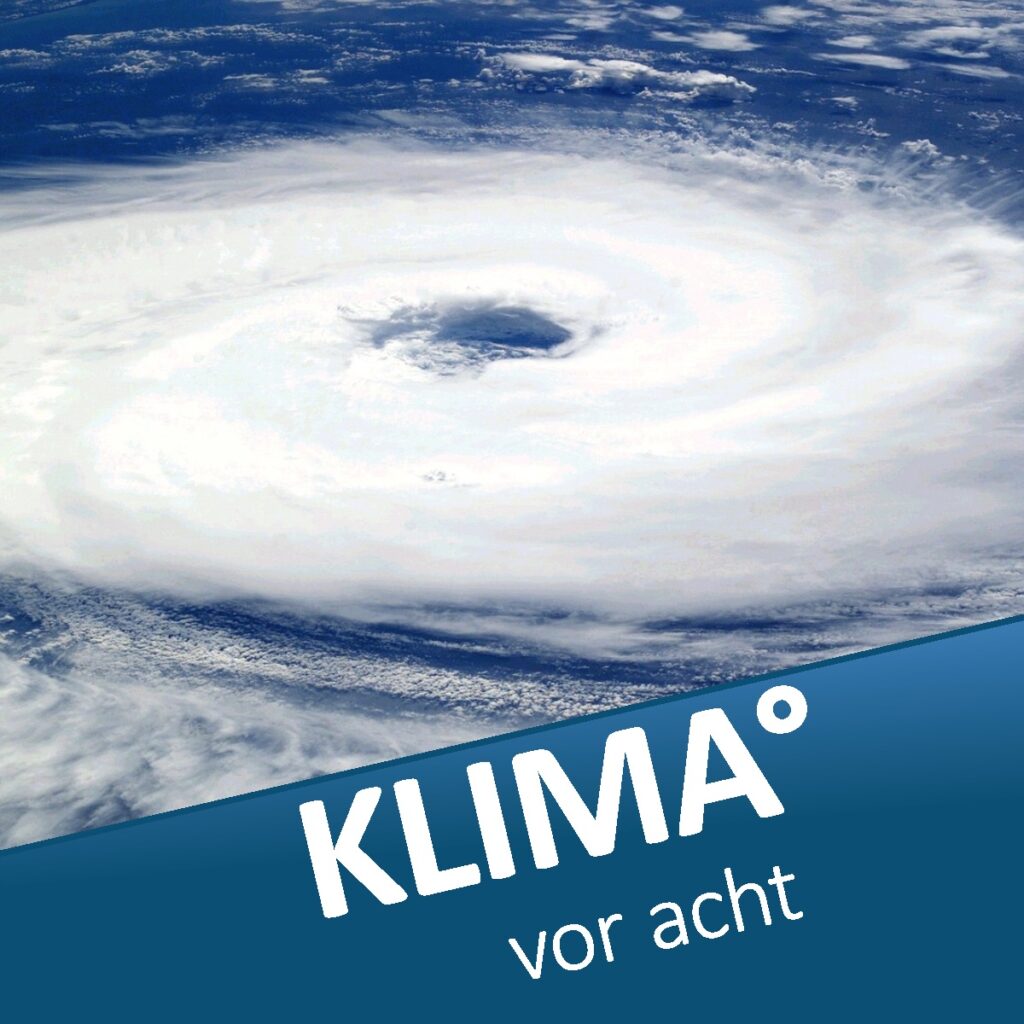
Auf der Jahreskonferenz des Netzwerk Recherche am 16.06.2023 diskutiert Luisa Neubauer mit Fernseh-Redakteur:innen, Chefredakteur:innen, Ressortleiter:innen und Programmdirektor:innen des deutschen Fernsehens unter dem Titel „… und nun zum Klima. Wie eine zeitgemäße Klimaberichterstattung aussehen müsste – und warum es sie bis heute nicht gibt“. Der Titel dieser Runde ist sinnbildhaft für die Aufgabe, vor der das […]
Do people learn about climate change?

How to mobilize citizens, politicians and companies for climate action? Often, knowledge about climate change – or more precisely, a lack of knowledge – is seen as a crucial factor. Basic facts on climate change and climate politics are indeed unknown to a large share of the population. However, ‘educating the public’ is not as […]
Klima-Zeitenwende in der ARD? – Ein Jahr “Wirtschaft vor acht”
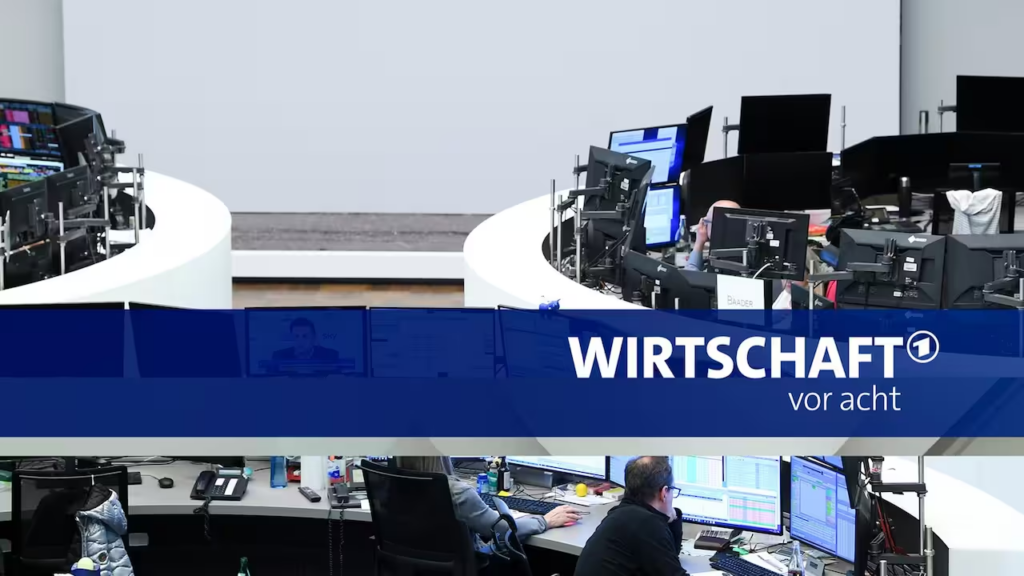
Seit mehr als 22 Jahren ist einer der besten Sendeplätze der ARD, kurz vor der Tagesschau, dem Thema Finanzmarkt vorbehalten. Aus “Börse vor acht” wurde im März 2022 “Wirtschaft vor acht”. In einer Pressemitteilung kündigte die ARD an: “Ein Schwerpunkt ist das Themengebiet Ökonomie/Ökologie.” Grund genug, nach einem Jahr genauer auf die Inhalte des neuen […]
Why Don’t We Act Now? The discrepancy between climate change awareness and action
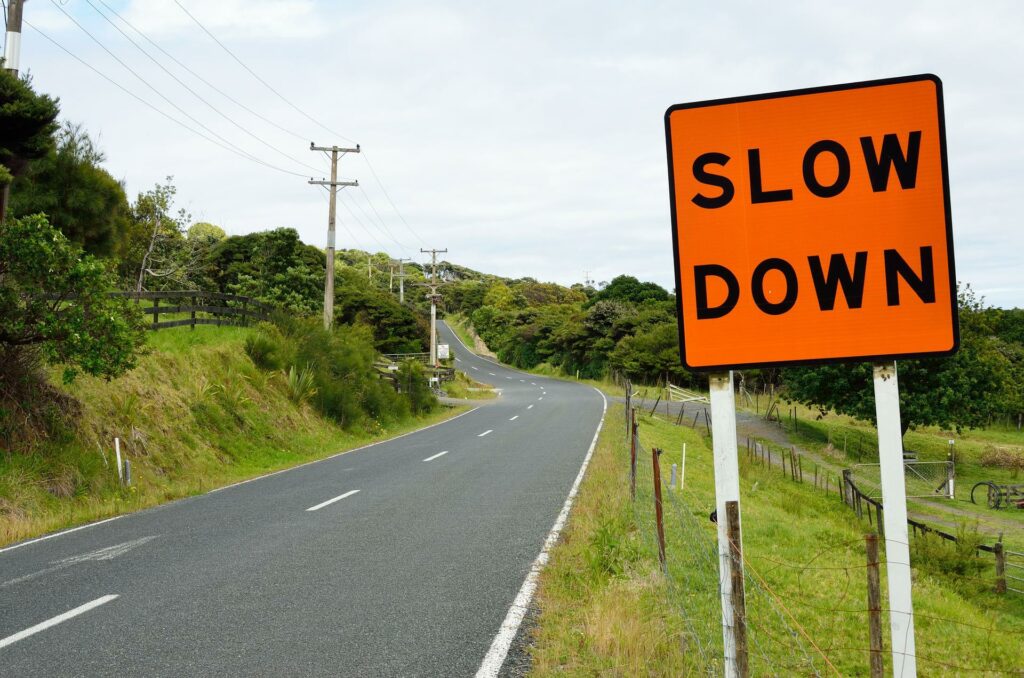
The 6th IPCC Report of Working Group 3 was published just about two months ago, on April 4, and stated once more and in further detail the urgency to mitigate climate change. As known, the Intergovernmental Panel on Climate Change (IPCC) consists of politicians and scientist of the United Nation, grouped in three working groups […]
Comparing Coverage of Climate Change Across the Global North and South
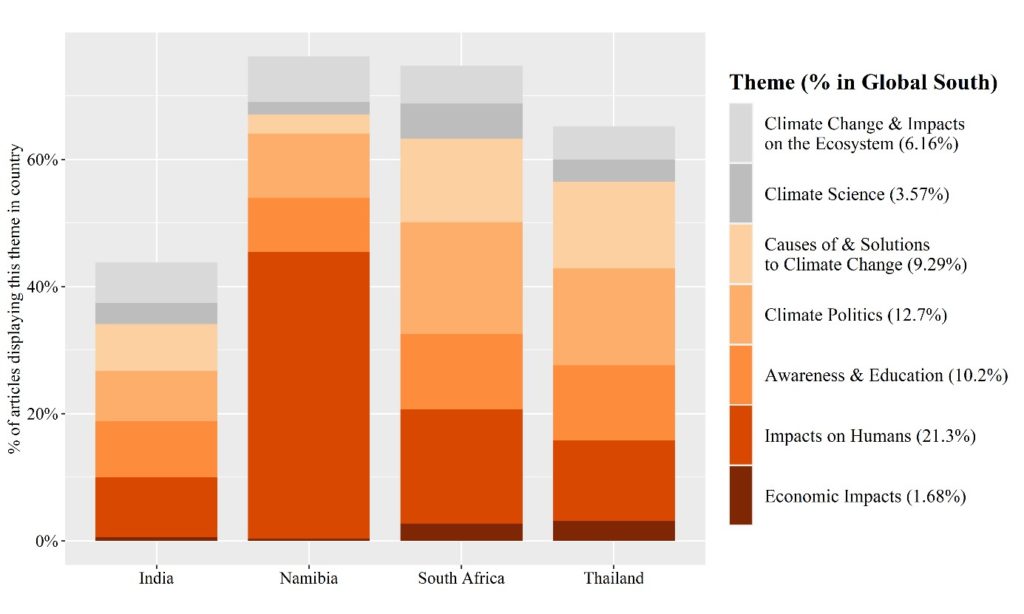
India and Thailand are among the countries affected most by climate change. Still, we know little about how news media in these nations cover climate change. In a recent study, we wanted to change that and asked: How and how much do countries from the Global North and South cover climate change?
How do climate change documentaries imagine the future? A video commentary
Documentaries are one way of presenting the problems climate change poses, but also possibilities for a better future, to a broad audience. In this video, our team member Shorouk Elkobros, now Science Communication Consultant at the European Science Foundation, compares the approach and framing of different climate documentaries. Have fun watching it – but be […]
Overstimulated by the news: How to navigate through times of crisis

“Robert-Koch-Institute reports highest daily number of infections”, appears on the screen of my phone. The local newspaper lying on the kitchen table is titled with a similar headline, corona is issue number one in the evening TV-news, and my Instagram feed recommends a livestream of the government´s press conference.
Addressing the Nation: Pandemic!
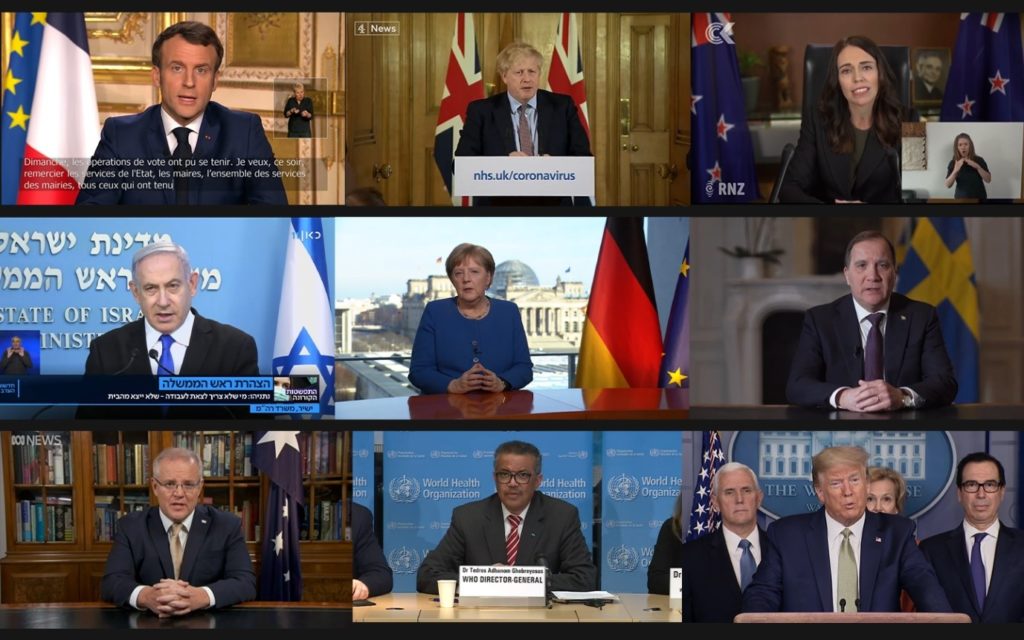
How was the Covid-19 pandemic communicated by different leaders in their televised speeches and why does it matter? Six months have passed since nations of the world have locked-down against the spread of Covid-19. After its classification as a pandemic by the World Health Organization on 11 March 2020, leaders have addressed their nations to […]
